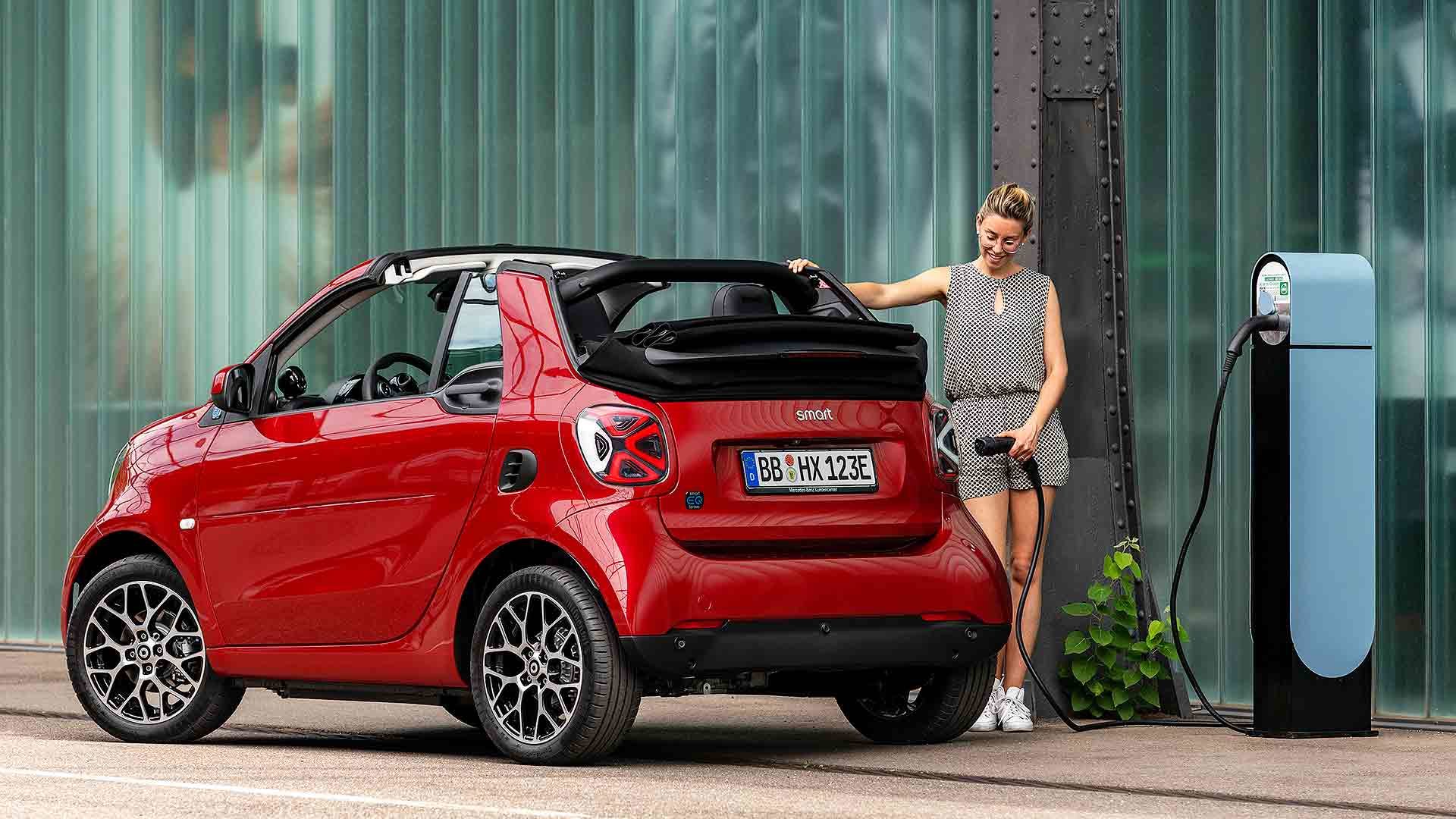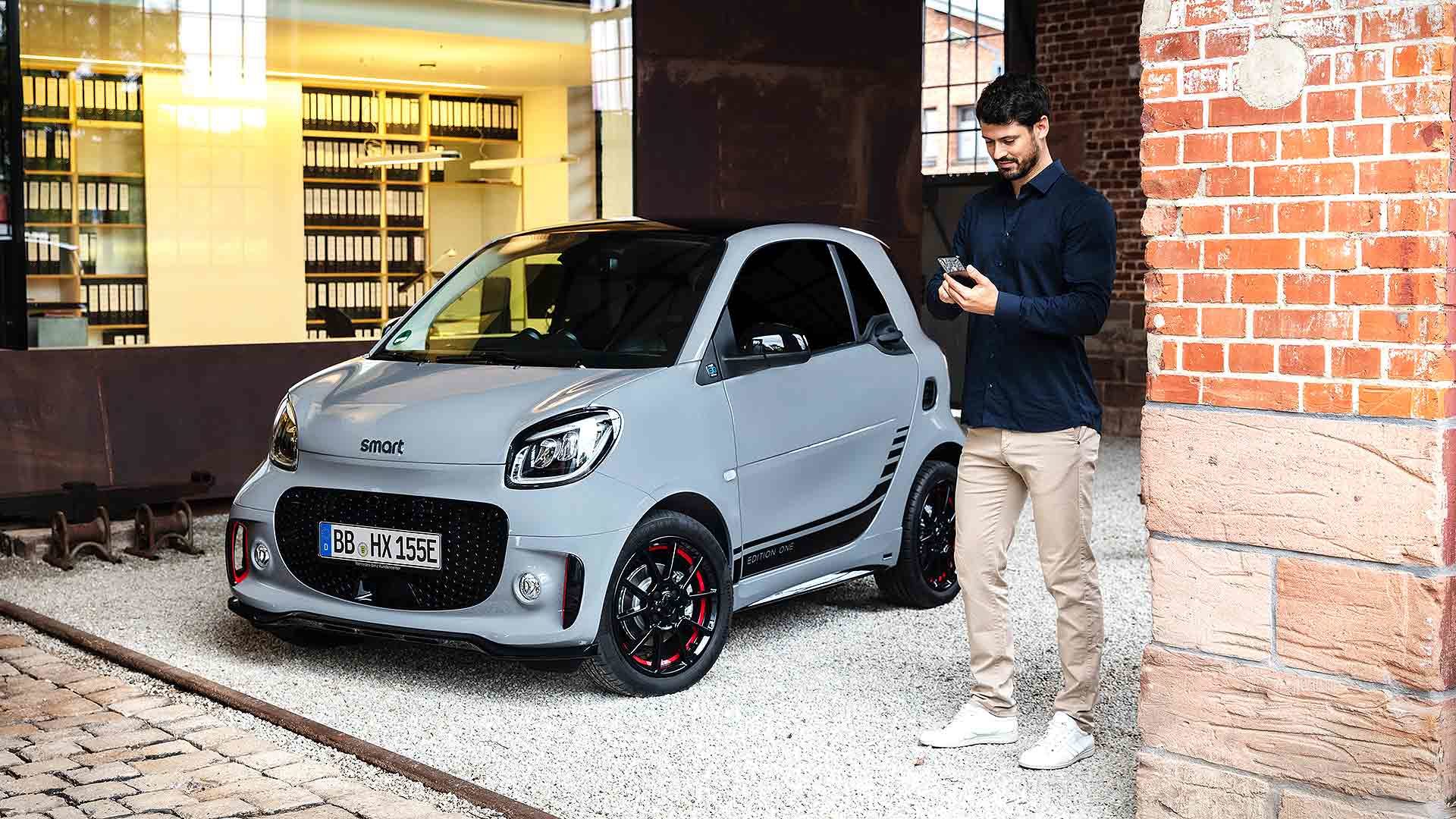
Four in 10 motorists looking to switch to an electric car expect to spend £20,000 or less, new research has revealed.
Steep upfront costs are the number one sticking point for prospective EV owners, according to the latest Global Automotive Consumer Survey from Deloitte.
Many electric cars are still notably more expensive than regular petrol or diesel alternatives. Only a handful of EVs, such as the Smart Fortwo EQ and Fiat 500 Electric, are available for less than £20k.
This preoccupation with pricing, adds the research from Deloitte, means it will be the more affordable used car market that may accelerate the mainstream switch to electric cars in the UK – a process that may take several years.
Motorists are generally willing to make the switch, but are also cost-conscious, said the firm’s head of electric vehicles Jamie Hamilton.
He also urged the automotive industry to better promote the lower running costs of electric vehicles – or risk motorists being “deterred by upfront costs, overlooking the total cost over a vehicle’s lifetime”.
Lower running costs are actually the number one decision-making factor for motorists already switching to electric, but this discovery is not yet broadly understood by potential EV owners.
Pandemic pain

In other findings, the coronavirus pandemic has had a surprising negative impact on electric car consideration, revealed the report.
Consumer interest in traditional petrol and diesel cars actually edged back up.
54 percent of motorists said they would prefer a traditional engine, compared to 48 percent last year.
“Uncertainty bought about by 2020’s pandemic has understandably seen some consumers revert to what they know.
“Whether this is a short-term, relative change remains to be seen – but the trend appears to be at the expense of hybrids, which have bridged the gap between combustion engines and fully electric to date.”
The Deloitte report also showed that more than a quarter of motorists aged 18-34 requested a payment deferral on car finance during 2020 – compared to just 1 percent of those aged 55 and above.
One in five motorists have also delayed purchasing their next new car – something reflected by new car sales falling 29 percent during 2020.
ALSO READ
Coronavirus has ‘unprecedented impact’ on European car sales in 2020